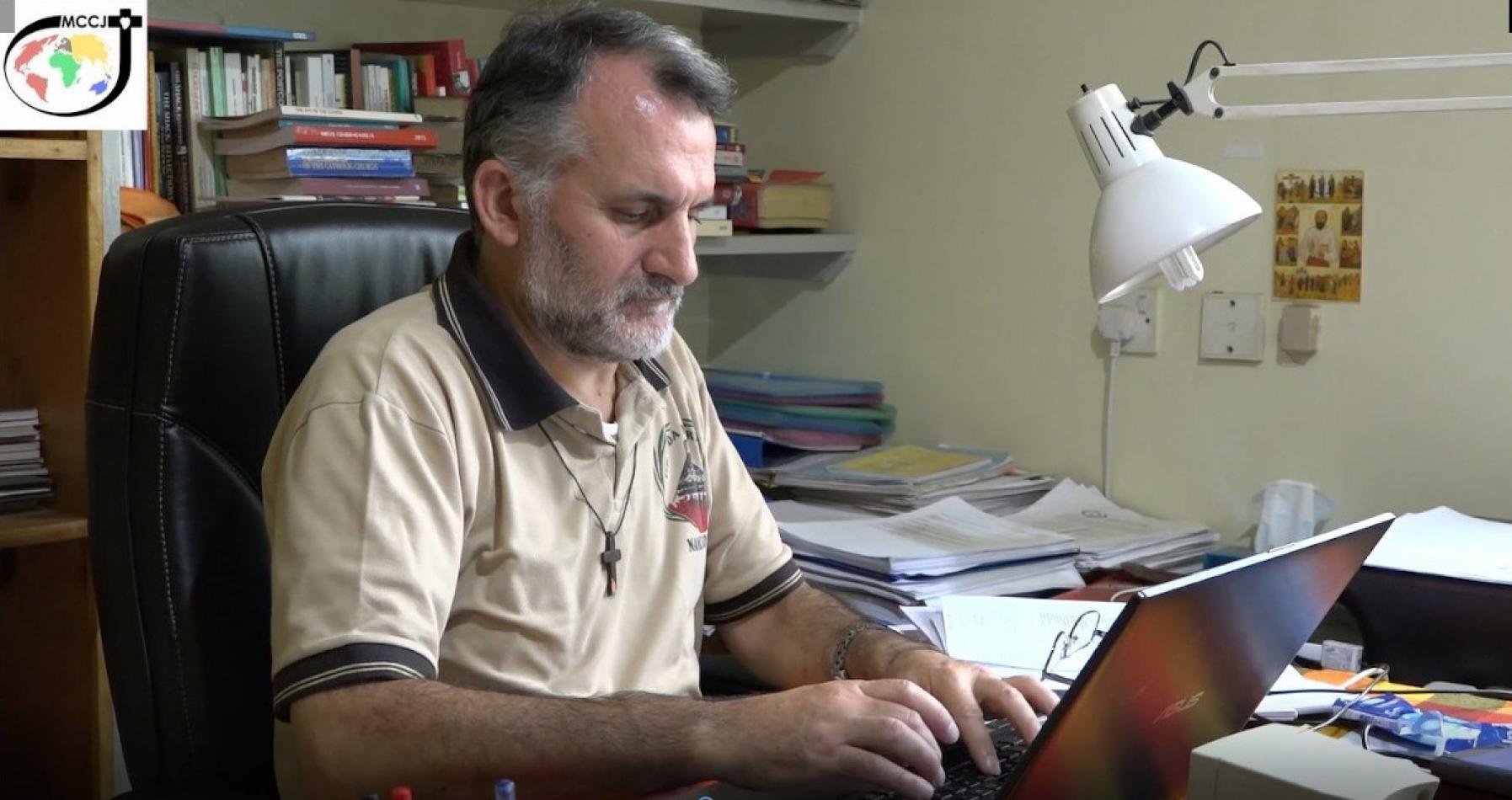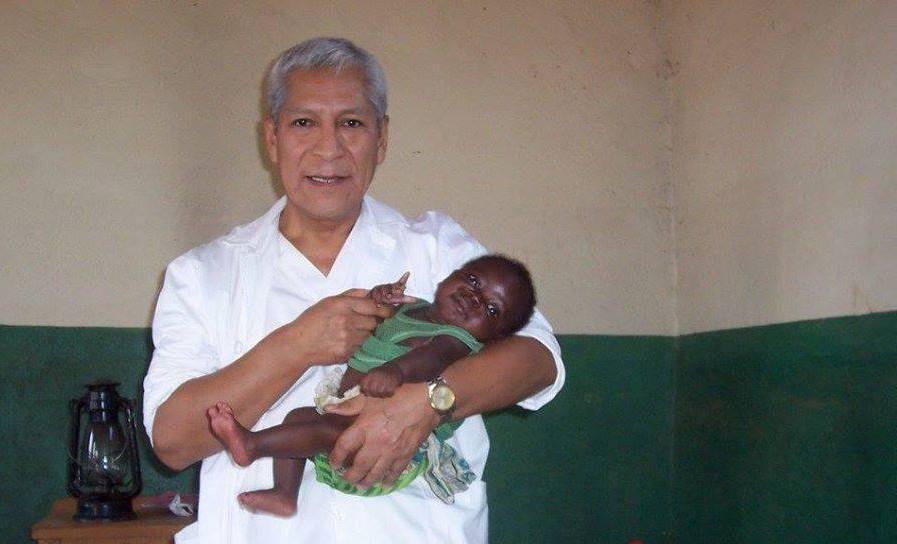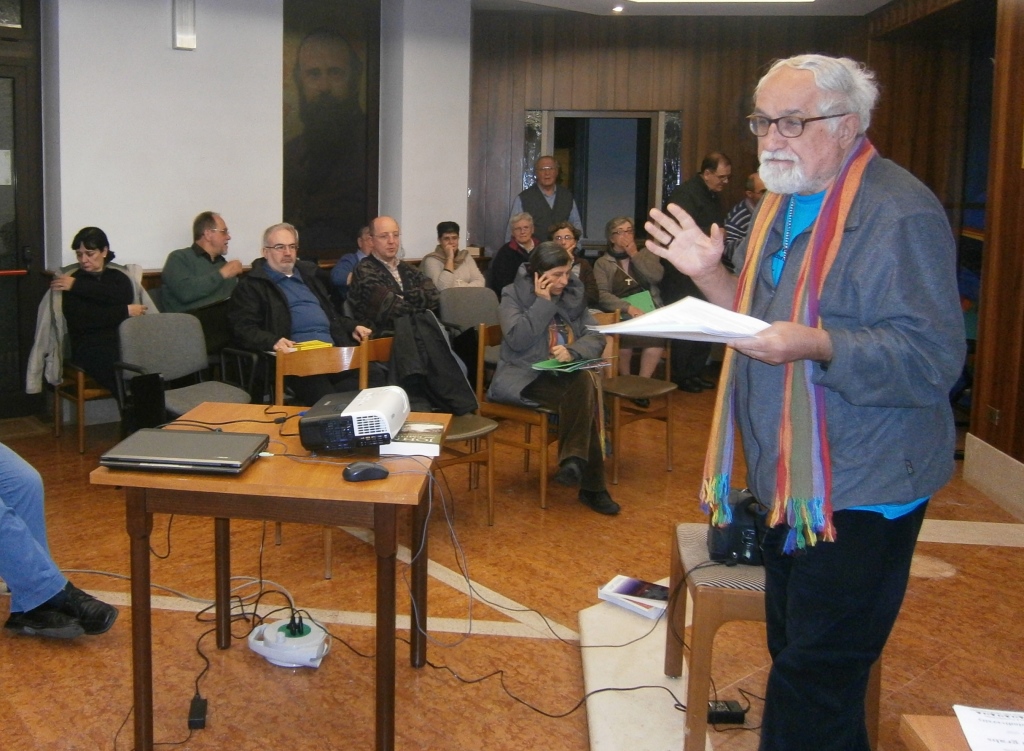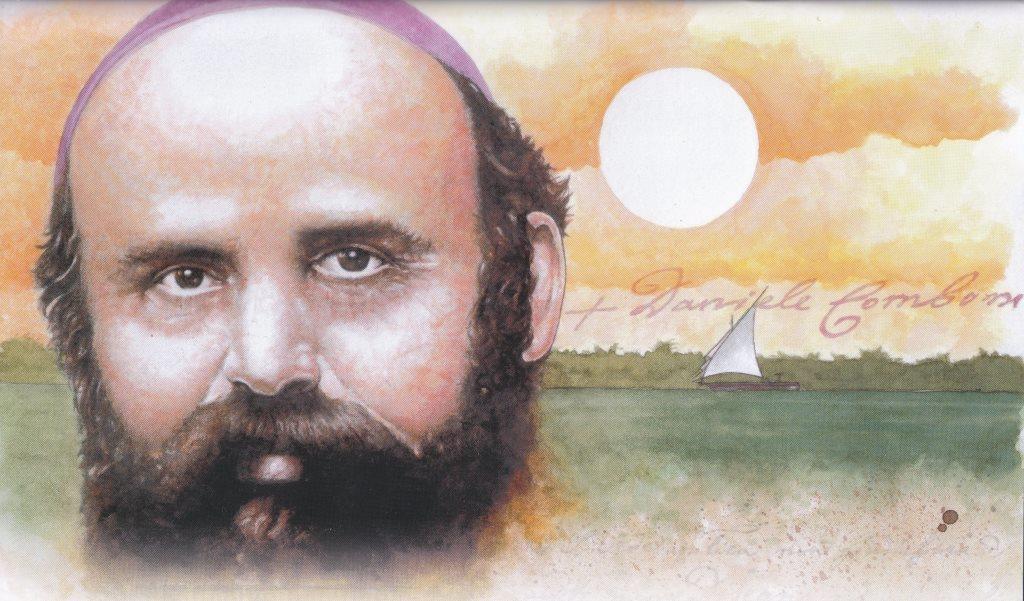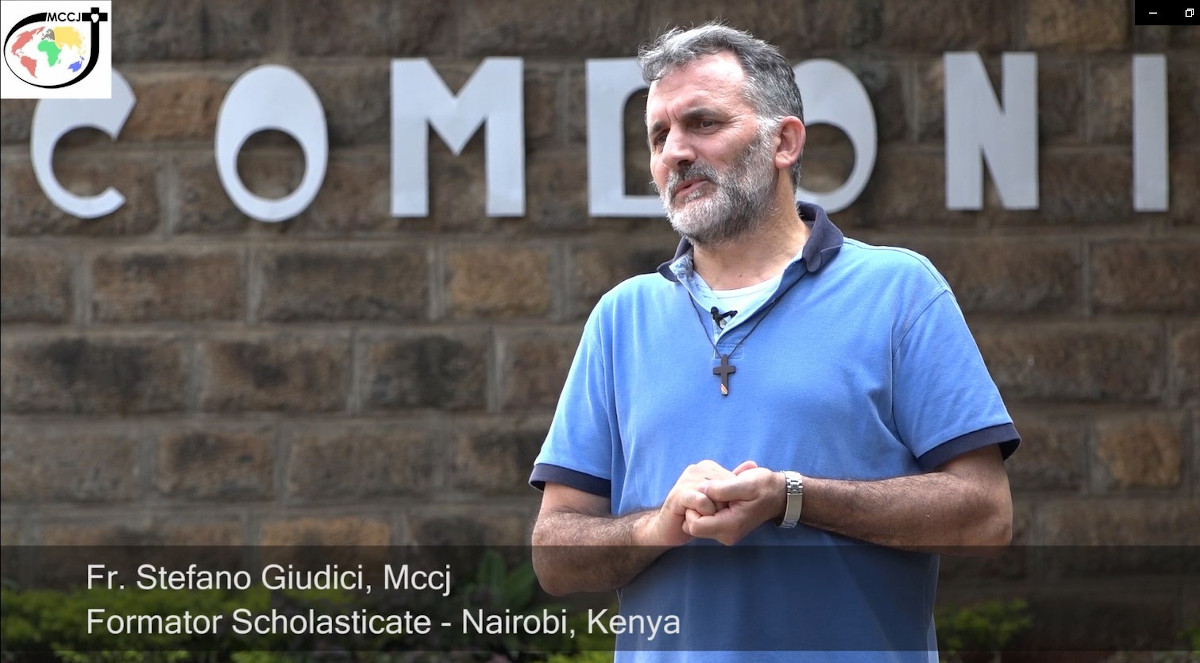Daniel Comboni
Comboni Missionaries
Institutional area
Other links
Newsletter
Monday, September 14, 2020
“Ministeriality is a new word that describes what we have been doing since the very beginning of the Church. It is the service that the Church offers to the world, society, humanity, and, as we recognize today, to Creation –ecological ministeriality. It is linked to the transformation of society in all dimensions and at all levels,” says Fr. Stefano Giudici, a Comboni missionary working in Kenya. [Video]
The magisterium of Pope Francis insists upon the vision of a ministerial Church by which is meant a fraternal Church that is steeped in the “odour of the sheep”, that is synodal, collaborative and one that witnesses to the joy of the Gospel by its proclamation, by its style of life and by service; a Church that embarks on a journey of conversion, overcoming clericalism and the pastoral criterion: “We have always done it this way” (EG 33). The XVIII General Chapter took up this directive of the universal Church and made it its own, in the hope of undertaking a journey of regeneration and requalification of our missionary commitment as regards ministeriality (CA ’15, 21-26; 44-46).
2020: Year of the Ministeriality
Father Stefano Giudici:
Ministeriality and intercultural dynamics
Ministeriality is a new word that describes what we have been doing since the very beginning of the Church. It is the service that the Church offers to the world, society, humanity, and, as we recognize today, to Creation –ecological ministeriality. It is linked to the transformation of society in all dimensions and at all levels. It could help the Comboni Missionaries to understand more deeply and to review their own service to a world that has completely changed and is changing ever faster and becoming more complex.
I dare to say that this is what happened in the 60s with the Vatican II. John XXIII said “we need fresh air,an update,” an “aggiornamento” for the Church to be relevant in the modern world. I guess we are still facing the same situation today. So, in the small world of the Comboni Missionaries, we need to understand how to continue our mission in this complex and multicultural world in a relevant way.
I am conducting a research for my doctorate on the link between the action for social transformation – ministeriality – and the background that each one of us has as an individual (the culture, our formation, and our story as they affect very much the way we read reality and we interpret the different signs of the times).
The problem for us is that we take it all for granted. We tend to jump immediately to the charism, assuming that by being all Comboni Missionaries necessarily we read reality in the same way. In fact, we don’t. For instance, my being Italian, my formation, my family background shape very much the way I approach reality. We should bring all these elements into the picture of ministeriality, because when we come to a Comboni community that is more and more multi-cultural, all these aspects must have a say in the way we approach reality, before we can transform it.
Furthermore, we must recognize that some ministries are more oriented towards society, while others are more directly connected with the Church, such the ministry of the Word, the ministry of the Eucharist, catechetics. Besides, Catholics exercise thousands of different ministries and professions because of their faith. So, the Church is present already in several areas, such as media, education, health care, not because a priest runs them, but because dedicated lay people are already working there as Christians, for their faith.
Fr. Stefano Giudici

